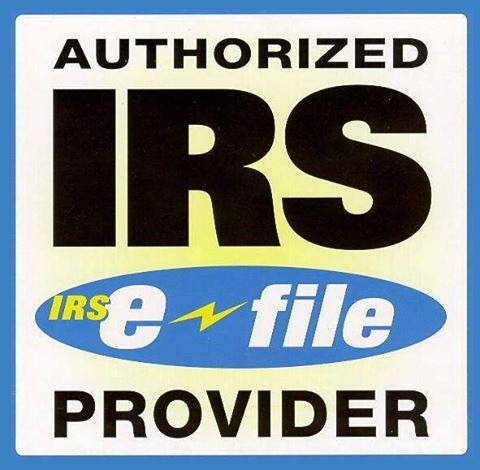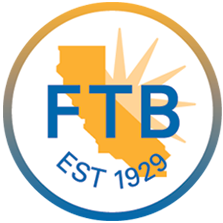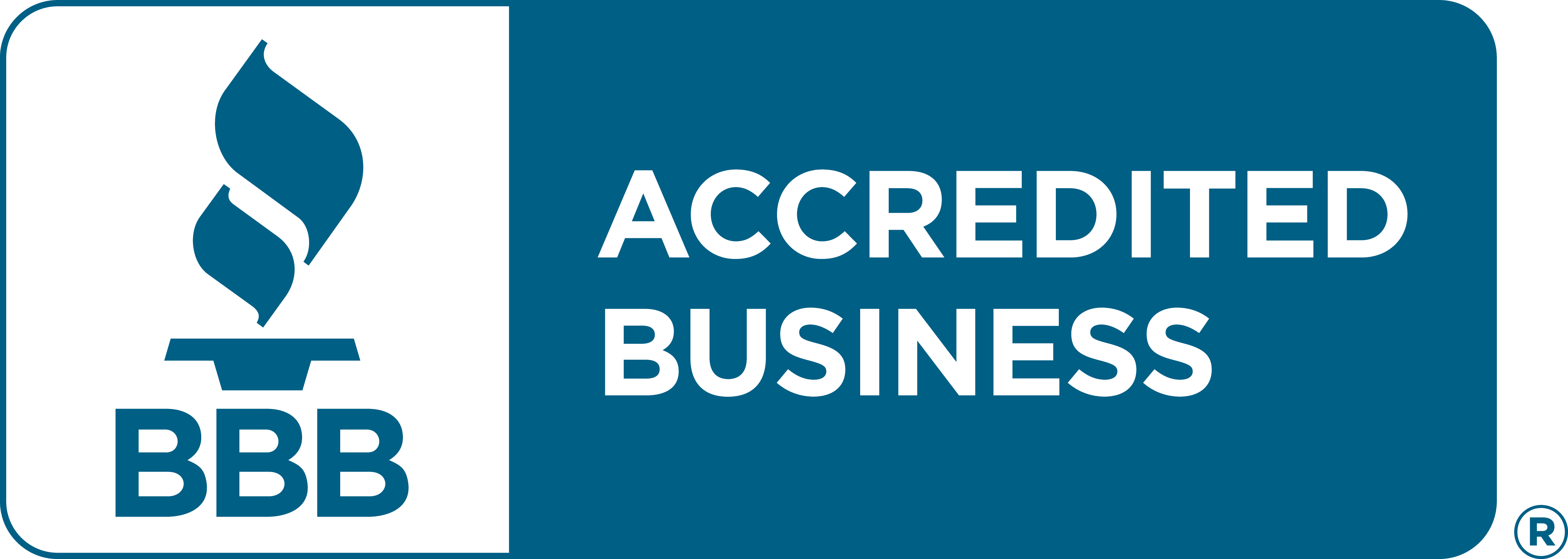Form 7004 (1120): Everything You Need to Know
Excise Tax Forms
Employment Tax Forms
Information Returns
Exempt Org. Forms
FinCEN BOIR
General
Corporations must understand the differences between tax forms to stay compliant and maximize their tax strategies in the complicated landscape of corporate taxation. In the US, Forms 1120, 1120-C, and 1120-S are among the most important forms used for company tax filings. TaxZerone helps to examine the variations and parallels between these forms along with Form 7004 from this resource page to assist businesses in making justifiable decisions about their tax liabilities.
Table of Contents
What is Form 1120?
Form 1120, officially titled "U.S. Corporation Income Tax Return," is the tax form used by regular C corporations to report their income, deductions, gains, losses, credits, and tax liabilities to the Internal Revenue Service (IRS).
Key Features of Form 1120:
- Provides a thorough rundown of the financial operations of the company during the tax year.
- Determine the amount of tax due to the IRS and the corporation's taxable income.
- Enables businesses to lower their tax obligations by claiming credits, deductions, and other tax benefits.
Important Considerations for Form 1120 Filers:
- Deadline for Filing: Every year, Form 1120 must be filed by the fifteenth day of the fourth month after the corporation's tax year ends. Generally, April 15th is the deadline for taxpayers filing for the calendar year.
- Options for Extensions: Corporations may use Form 7004 to obtain an automatic extension, which gives them an extra six months after the initial due date if more time is needed to file Form 1120.
- Electronic Filing: Corporations have the option to electronically file Form 1120, which offers benefits such as faster processing, confirmation of receipt, and reduced errors.
What is Form 1120-C?
Form 1120-C, officially titled "U.S. Income Tax Return for Cooperative Associations, " is used by cooperatives to report their income, deductions, credits, and tax liabilities to the Internal Revenue Service (IRS).
Key Features of Form 1120-C:
- Designed especially for associations that work together.
- Permits cooperatives to file their taxable income reports and to request credits and deductions related to their business operations.
- Assists cooperatives in meeting their tax obligations and complying with federal tax regulations.
Why Use Form 1120-C?
- Customized Reporting: To ensure accurate and compliant tax filing, Form 1120-C provides cooperatives with unique reporting requirements and tax treatment.
- Specialized Deductions and Credits: To maximize tax savings, this form offers deductions and credits that are particularly significant to cooperative activities.
- IRS Compliance: Cooperatives can comply with IRS regulations and avoid fines for inaccurate or late tax reporting by filing Form 1120-C.
- Deadline: Cooperatives usually file Form 1120-C by April 15th, which is the 15th day of the 4th month after their tax year ends.
What is Form 1120-S?
Form 1120-S, officially titled "U.S. Income Tax Return for an S Corporation," is used by S corporations to report their income, deductions, credits, and other tax-related information to the Internal Revenue Service (IRS).
Key Features of Form 1120-S:
- Pass-through taxation: S corporations allow their shareholders to report income, losses, credits, and deductions on their tax returns.
- Limited liability: Just like with C corporations, S corporation's shareholders are shielded from certain types of lawsuits.
- Directions and Advice: To assist you in correctly preparing and filing your tax return, the IRS website provides detailed instructions for filling out Form 1120-S.
- Schedules and Tax Forms: Get access to all the forms, schedules, and attachments needed to file Form 1120-S, including the shareholders' Schedule K-1.
- Deadline: The deadline for Form 1120-S, used by S corporations, is usually March 15th, falling on the 15th day of the third month following the end of the corporation's tax year.
Difference between Form 1120, 1120-c, 1120-s
| Aspect | Form 1120 | Form 1120-C | Form 1120-S |
|---|---|---|---|
| Entity Type | Regular C Corporation | Cooperative | S Corporation |
| Eligibility Criteria | Any domestic corporation | Cooperative corporations engaged in certain activities | Corporations meeting IRS requirements for S Corporation |
| Taxation | Taxed at the corporate level (C Corporation tax) | Taxed at the corporate level (C Corporation tax) | Pass-through taxation; income passed to shareholders |
| Number of Shareholders | Can have an unlimited number of shareholders | Generally has a limited number of shareholders | Limited to 100 or fewer shareholders |
| Shareholder Types | Shareholders can be individuals, other corporations, partnerships, etc. | Shareholders are typically cooperative members or patrons | Shareholders must be U.S. citizens/residents and meet IRS criteria |
| Profit Allocation | Profits are taxed at the corporate level; dividends distributed to shareholders are taxed at the individual level | Profits taxed at the corporate level; allocated to patrons/members | Profits are passed through to shareholders and taxed at the individual level |
| Deductions | Standard business deductions, depreciation, employee salaries, etc. | Similar to Form 1120 deductions, cooperative-specific deductions may apply | Similar to Form 1120 deductions, with certain limitations for S Corporations |
| Form Filing | Filed annually by C Corporations | Filed by cooperatives engaged in certain activities | Filed by eligible S Corporations |
This table compares the significant variations in entity type, taxation, shareholder eligibility, profit allocation, deductions, and filing requirements between Forms 1120, 1120-C, and 1120-S. Corporations must understand these distinctions to ensure that they file the correct form and follow IRS regulations.
What is Form 7004?
The IRS Form 7004 is an extension form filed by businesses to get an automatic extension of up to 6 months to file certain business income tax. The IRS doesn't require any signature or a valid reason while filing an extension.
Who can file Form 7004?
Most business entities can file Form 7004, except for sole proprietors. TaxZerone supports the following businesses that can use Form 7004 to get an extension to file business income tax:
- C-corps (Form 1120)
- Cooperative (Form 1120c)
- Partnerships (Form 1065)
- Multiple-member LLCs as corporations and partnerships
- Trust, Estates and Others (Form 1041)
Where to E-file Form 7004?
You can file your extension with TaxZerone, in 3 simple steps
Step 1: Choose the tax year and enter the information requested.
Step 2: Determine the sum payable by providing an estimate of total tax, payments, and credits.
Step 3: Send the return to the IRS.
Do you want to file an extension for your businesses?
E-file Form 7004 with TaxZerone and get an extension for up to 6 months.




